PHP Deprecated: Creation of dynamic property Joomla\Registry\Registry::$default is deprecated in /home/authorsinfo/public_html/libraries/vendor/joomla/registry/src/Registry.php on line 937
PHP Deprecated: Creation of dynamic property plgContentLayerslideshow::$context is deprecated in /home/authorsinfo/public_html/plugins/content/layerslideshow/layerslideshow.php on line 38
PHP Deprecated: Creation of dynamic property SocialPoints::$string is deprecated in /home/authorsinfo/public_html/administrator/components/com_easysocial/includes/dependencies.php on line 123
PHP Deprecated: Creation of dynamic property SocialBadges::$string is deprecated in /home/authorsinfo/public_html/administrator/components/com_easysocial/includes/dependencies.php on line 123
Mahogany Keys: The Complex Image of the African American Woman
When I started this series of interviews many cautioned me that black people would not want to talk to me. Wrong. As a matter of fact, after I started sending out emails, expressing my intentions to write about these issues, the positive response was overwhelming.
To be honest, people of color talked to me a long time ago, in various workplace settings. I remember vividly one lady who was a nurse and who told me -- wiping her tears -- that she was refused work because some would not accept a black woman as a caregiver. Or, when we were showing puppies, I was asked by a visibly embarrassed woman if her biracial child was allowed to play with them. Many similar scenarios have haunted me for years.
Black people talk to me every day, sometimes expressing themselves non-verbally. Actually, some of this “everyday” stuff is so heavy that I wonder how others can “overlook” it and carry on with their existence peacefully and undisturbed. Perhaps because this stuff is considered “invisible.”
It is my personal belief that racism and discrimination are still here; becoming more subtle and equally dangerous. The primitive weapons of the past have now turned into more sophisticated ones, targeting conscience and identity.
I admit I have a problem with the “If I could I would” attitude. The truth is each of us can do something, but most choose not to, perhaps because we underestimate our power. We seem to feel invincible and entitled when it comes to modifying our physical habitat, even if it involves radical measures like moving mountains, yet we lack determination in changing our spiritual milieu.
I choose to do something about any form of injustice, because it is not one group’s issue; it affects the entire society negatively. I know injustice and its long-term, rippling effects; I have lived it for half of my life.
Obviously, I do what I know best: listening and writing. And hopefully, more and more people will read and choose to act on situations rather than passively observe or even worse, ignore them.
Part I
Could a greater miracle take place than for us to look through each other's eyes for an instant?
Henry David Thoreau
More and more African American men are being profiled and incarcerated for non-violent offenses whites rarely do time for, yet the fate of the African American woman – mother, sister, wife or daughter is uncertain and not really discussed. Who are these women? Do all of them share the same background and do all of them struggle with the same type of injustice/s?
Except for casual objectifications involving the beauty of her body or negative stereotyping, the woman of color does not constitute “interesting” material for mass media because she cannot be blamed like the men are for the illnesses of the society. It is suggested that women are often helpless victims left behind, but while some have terrifying stories to share, many of them are actually successful accomplished professionals.
Ironically, the African American woman, who has suffered and continues to suffer so much discrimination and humiliation throughout the history, receives less attention even from the white supremacists who view her as a mere recipient of the black man’s “evil actions.”
In a larger social context, white people are “cautioned” via subliminal messages, mostly visual, to stay away from the black man whose sole purpose in life is to attack, rape, father numerous babies, kill and/or steal. Yet they receive no “warning” as to the women’s community, as if the black woman’s existence has little relevance in our society. Is this the truth? We seem to forget that it was a woman, Rosa Parks who taught us all one of the most amazing lessons on human dignity.
The only way to find out how African American women feel about their heritage, their role in the society, and their pursuit of happiness is to ask them.
In this series of interviews I had the pleasure to talk to women from various backgrounds and walks of life, all of them having in common the unfettered desire to succeed, in spite of adversities.
Interview with E. Joyce Moore, writer of articles, essays including The Reality of Our Mentality, screenplays, contributor to Chicken Soup for the African American Soul, and What is the Purpose of a Banana?, poet, author of Ramblings Through the Attic of Thought and 'SHIPS (non-fiction), and the latest work soon to be available for purchase: CLAP! Visit her website for more information.
Oana: What is the importance of the family in your life?
E. Joyce Moore: Family.Family is my top priority; only God exceeds them. Ours is a large family, with plenty of cousins, nieces, nephews, great-nieces and nephews, brothers, sisters – including my in-laws – aunts, uncles and, of course, my mother. My mother is labeled as a single parent. My father died from multiple cancers, having smoked since he was twelve, but he and Mom divorced years before his death. Ironically in the end, she was the one he said he always loved. The fruit of Mom’s parenting is six siblings, none of whom are in jail, on drugs, or alcoholics. All of whom raised or are raising wonderful children who went on to get or are getting degrees, Masters, PhDs and/or work very hard to earn a living. We have family reunions annually, mostly in Tennessee where our family has deep roots. Extended family members join us at Thanksgiving, a family celebration that is something to see and experience; including old friends from childhood who still come by to see “Miz Moore” and tell stories about their “adventures” with my brothers that my Mom and sisters never knew about. My brothers have the unique blessing of still having their childhood friends still in their lives as adults.
Oana: Would you say that the fact that you are an African American woman made a difference in the way you were treated throughout your life (school, workplace)?
E. Joyce Moore: Without question. I know few to no women, or men, of color and African descent who are not impacted by the issue of race in the USA. My definition of racism in the United States is that it’s an Anglo issue of perceived superiority and privilege that non-Anglos must continually respond to. I could relay a myriad of stories and anecdotal experiences to illustrate the point but one particular experience kind of says it all: I’d given my notice to the buying office I worked in after college. I was promised an assistant buyer position when the person holding that position left at the end of summer. The position was given to a friend of the person leaving. One of the senior buyers, a Texas woman who made it clear that she did not like African Americans, heard I was leaving and said the following: “I don’t like black people. But you’re different, so I like you. If I’d known you wanted that job, I’d have made sure you got it.” I get it. People decide who we are, then operate from that deliberately uninformed mindset. When they discover their paradigm doesn’t fit, they either work harder to force the perception to fit reality or resent you for your unwillingness to be who they’ve decided you are. President and First Lady Obama are evidence of the later. You would be amazed at how many executives in the corporation I worked for, were demoted, fired or given the option to resign because they presumed their behavior towards me would not be recognized for what it was and addressed. One of the most memorable and disheartening experiences I had, however, was with an African American manager who’d been assigned to manage only me, since I had the audacity to ask for a promotion I was qualified for and genuinely deserved. (His boss was subsequently fired for defrauding my appraisal). His words, after we had a long “discussion” about some of the issues I’d been challenged with by his boss: “Sometimes we all have to learn how to live on the plantation. But I still know who I am.” I hung up the phone and cried. For him. I was still a free woman.
Oana: Have you had extremely negative experience involving racism and how did they affect you?
E. Joyce Moore: I have so many anecdotes, stories to tell, they could probably fill a book. They are not small stories; in one situation, the racism was so blatant because this particular office was in a remote suburb of Chicago, after every black male had been fired, the remaining women were in fear of their jobs being lost. The district manager couldn’t be fired because of all the lawsuits so she was demoted instead. I remember clearly that after not speaking to me for the first three weeks of my employ, her first conversation with me was about her maid and the cleaning of her oven. Of the managers under her, one was fired (African American) one had a nervous breakdown, one transferred out of state and lost the job after arriving But this was just the first of many during my nineteen year stint in post-college corporate America. These experiences might have broken others, some almost broke me. I became a smarter woman, able to see through smoke and mirrors to understand what I needed to do in order to achieve my goals and how to respond rather than react to the behaviors I encountered. I will tell anyone in those kinds of situations that documentation is the key.
Oana: Have you ever felt that your ideals and goals have been put on hold because society has assigned you a different task or even punishment?
E. Joyce Moore: Personally, life is more the culprit when it comes to putting my goals on hold. I am a fulltime caregiver for my lovely Mom. Sometimes one is put where one needs to be and I don’t regret this leg of my journey. Creatively, it’s frustrating to know that your work is first judged by the racial makeup of its characters before the quality of the work is considered. The same is true throughout all genres of the arts, unfortunately. When my novels are complete, I look forward to them being in the mainstream versus being placed on the shelf of black authors in the corner.
Oana: Do you believe in God? What do you think about the fact that black people and white people rarely meet in churches when we are told we are all “children of God”?
E. Joyce Moore: I have a very strong belief in God and the Bible. The church I attend includes all races. That said, there is the myth among Caucasians that they are the chosen of God and the rest of us are just guests at the party. I always find it interesting that the general depiction of Jesus is a frail, thin, white guy with long brown hair, when the Bible states his skin was ruddy, his hair like wool and he was a carpenter so I doubt he was fragile. But it is important to some to see Him as an Anglo. He wasn’t. God says He’s not a respecter of any people. The notion of such is man-made. Even the Bible shows how man was the author of racism, classism and sexism. People spend a lot of time defining God the way they want Him to be, not understanding that God doesn’t need their definition of who He is, who He chooses as His children, how He sees us all. I wrote fairly extensively about this in ‘SHIPS, in the last section of the book. I was equal in my perspective on God and religions. Trust.
Oana: Do you believe that African American women’s rights should be part of a general greater movement that would include women of all races and ethnicities or they should be addressed separately?
E. Joyce Moore: Looking at the rights of women on a global level, the general movement must be inclusive. Every woman beaten, raped, diminished, dismissed, mistreated is all of us. All of us. What happens to women in India, Israel, Iran, Africa is no different from the abuse of women in the United States. Sexualizing our little girls in the fashion industry, gang rapes, kidnappings, sex trade, physical, mental, emotional abuse, incest, sex slavery, the very notion of “legitimate rape,” – an insidious conservative delusion -- what happens to women behind closed doors in ALL communities, all of the overt and covert hatred toward and desired power over women transcends the issue of race.
Oana: Many African American women follow fashion trends which sometimes triggers a very negative response in the black community. Do you think that a hairstyle can change who one is?
E. Joyce Moore: The issue of the African American woman and her hair is a complex subject with lots of layers of issues attached. I think one’s hair doesn’t define who a person is, I think people choose to define people by their hairstyle. I was an account executive, ultimately a national manager for the corporation I worked for. I was strong enough in my sense of self to choose to wear my hair the way I wanted, whether it was an Afro or braids. The reason they had little to say about my style of choice is that I was really good at what I did and I made them a LOT of money. I built relationships with my accounts and they saw me as a friend and supporter of their needs, not a black woman. So when they invited me to the US Open, people could only look in wonder as I stood and sat in the VIP sections. The notion that I needed to straighten my hair for my job was a decision I consciously chose not to make. That said, story time. One of the many managers I had at that time was a woman who decided who I was without knowing me at all. We were at a conference and she was accompanying me to a meeting with my multimillion dollar customer. She and my technical support came by my hotel to pick me up for the meeting. Her first comment: “Oh my G---, you’re beautiful!” Me: Um, thank you. Two minutes later: “You are just beautiful!” Me: “O…K.” A few minutes later “Well, you’re just beautiful.” Now, this is becoming insulting. I am the same me, I had my braided hair pulled back into a braid. By the fourth comment I was completely insulted, even asking the tech what was wrong with her, to which he replied with a disgusted, “I don’t know.” So he realized, as I did, there was something off here. Fast forward, months later, she called me on a Friday evening, screaming at me because I had escalated an issue she created to her boss. I couldn’t hang up the phone because I’d risk a charge of being insubordinate. So I laid the phone down until there was quiet, I then picked up the phone asked if she was finished, told her I was hanging up now. The following Monday she called and was quite calm when she said: “I have two things to tell you, one is that you’re being promoted and second, I am resigning.” Yeah.
Oana: What are the most sensitive issues the African American woman encounters frequently and that are invisible to the white people’s eyes? What should be more aware of?
E. Joyce Moore: Just as the President is a president who is African American, not an African American president, I am a woman who is African American. Many of the issues I encounter – prejudice, invisibility, deliberate ignorance, lack of access, limited opportunities – all are in the same realm as African American men encounter, in fact they encounter much more. Women who are African American are in a dichotomy. In the last four years, there’s been an increased effort in articles and other media to dissect us. Our hair, our skin, our independence, our strength, our courage – suddenly who we are, is our liability. We are the problem. Some begin to buy into the media hype and we begin to denigrate ourselves. The question is, now what are we supposed to do? Who is the “they” telling us we are less than we should be? The answer is to stop buying the hype and do you.
Oana: What is the significance of the African American woman’s work in today’s society?
E. Joyce Moore: Not sure what this question means. We must work for the betterment of our communities, life for our families, maintaining our presence and contributions to our country, our cities, our neighborhoods, our selves.
Oana: What is your advice for the young generation of African American women?
E. Joyce Moore: My advice to the young generation:
- Don’t let anyone else define who you are.
- Go for what you want out of life. Don’t let anyone destroy your dreams.
- If you have dreams, build a plan that will make those dreams your reality.
- It’s impossible to be perfect. You will make mistakes. Learn as much as you can from those mistakes because life will always provide pop quizzes.
- Don’t let anyone make you the victim.
- If you don’t understand what true love is, don’t assume you’ll know what it is should it come along.
- Keep your legs closed and your mind open when looking for relationships. Giving sex will not get you love. Be smart about how and who you choose. Don’t settle.
- Stop reacting, start responding. Some of the best advice someone gave me years ago. Try it; you will find that by doing so, you gain control of the situation.
- Find the right person(s) to mentor you in your personal and professional lives. Doesn’t have to be just one person.
- You set the standards for how you are treated. Never allow anyone to set those standards for you. Mistreatment is an immediate deal breaker.
- Ask for help when you need it.
- Time is a one-way street. Look for peace and happiness.
Oana: Thank you so much for sharing your knowledge and experiences with us.
To interact with E. Joyce Moore visit
Moorham Enterprises
Or connect on Facebook, Twitter
Book and Blog Website
Baltimore Examiner column
Find more about Oana at www.thehealings.net
© 2013 by Oana
When you subscribe to the blog, we will send you an e-mail when there are new updates on the site so you wouldn't miss them.
PHP Deprecated: Creation of dynamic property EasyBlogPost::$isImage is deprecated in /home/authorsinfo/public_html/administrator/components/com_easyblog/includes/themes/helpers/post/entry.php on line 415
PHP Deprecated: Creation of dynamic property EasyBlogPost::$isImage is deprecated in /home/authorsinfo/public_html/administrator/components/com_easyblog/includes/themes/helpers/post/entry.php on line 415
PHP Deprecated: Creation of dynamic property EasyBlogPost::$isImage is deprecated in /home/authorsinfo/public_html/administrator/components/com_easyblog/includes/themes/helpers/post/entry.php on line 415
PHP Deprecated: Creation of dynamic property EasyBlogPost::$isImage is deprecated in /home/authorsinfo/public_html/administrator/components/com_easyblog/includes/themes/helpers/post/entry.php on line 415
PHP Deprecated: Creation of dynamic property EasyBlogPost::$isImage is deprecated in /home/authorsinfo/public_html/administrator/components/com_easyblog/includes/themes/helpers/post/entry.php on line 415
PHP Deprecated: Creation of dynamic property EasyBlogPost::$isImage is deprecated in /home/authorsinfo/public_html/administrator/components/com_easyblog/includes/themes/helpers/post/entry.php on line 415

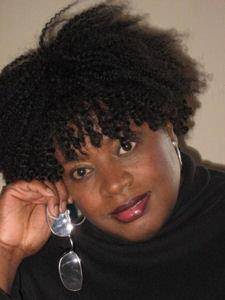

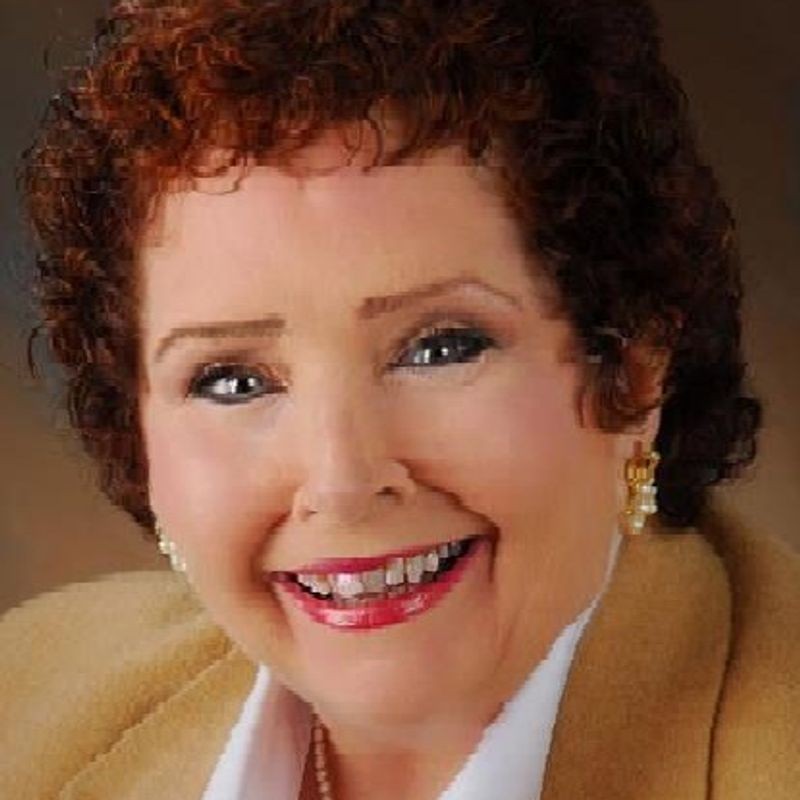
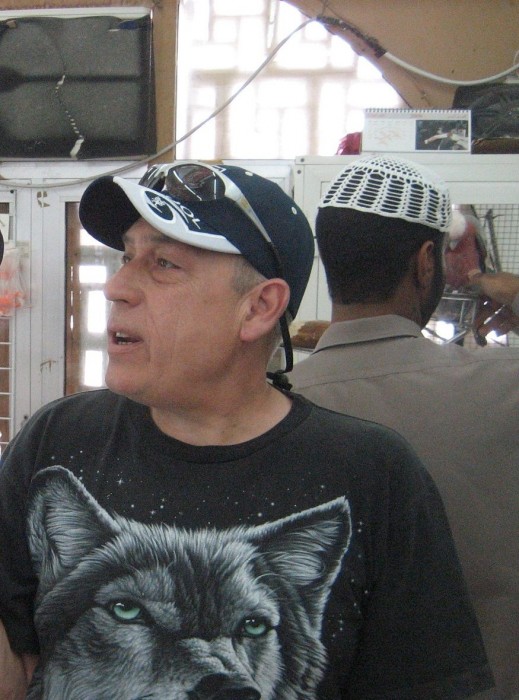

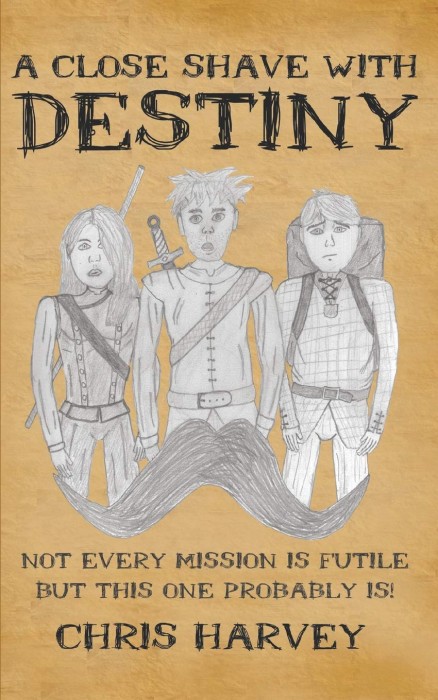


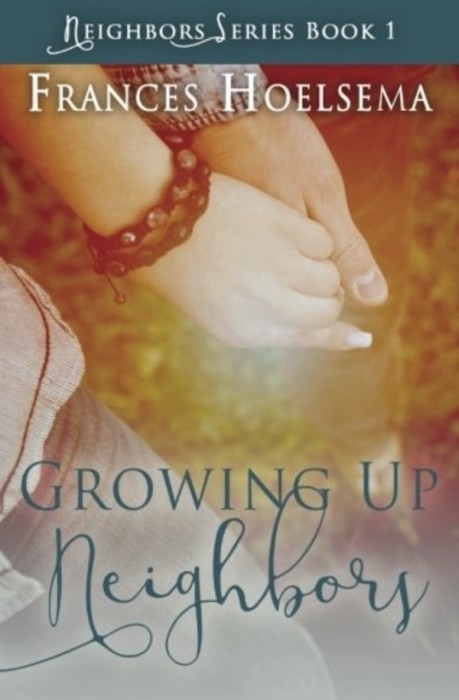
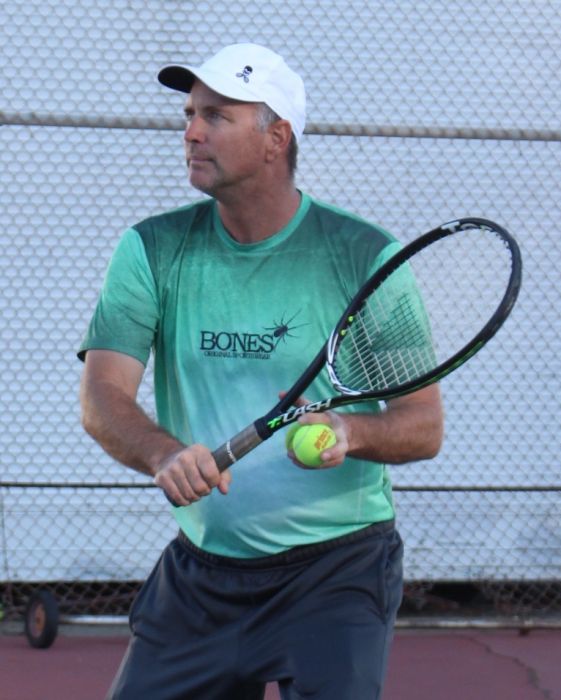
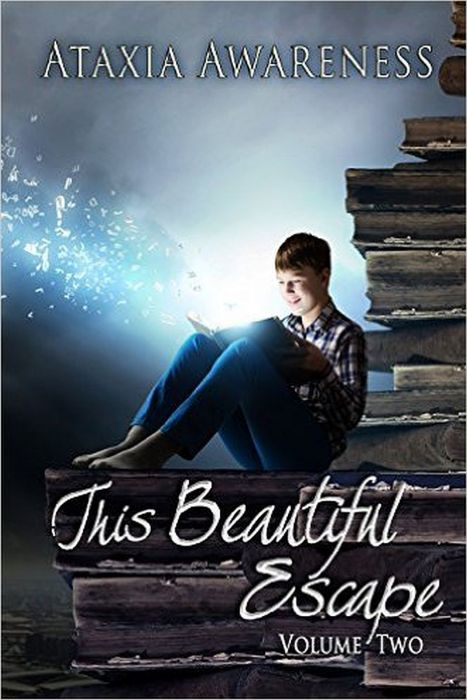
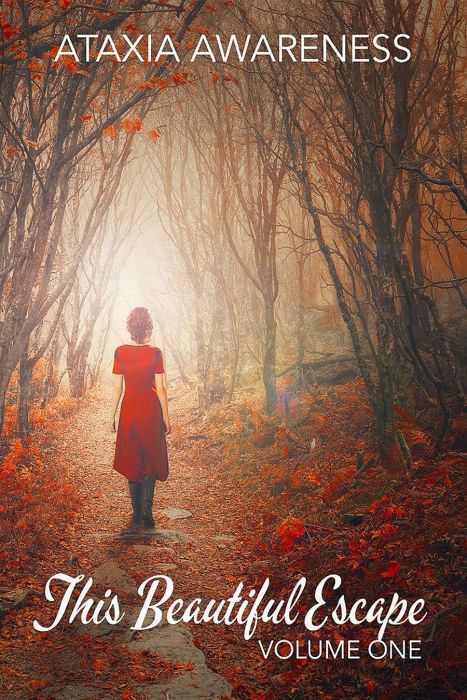
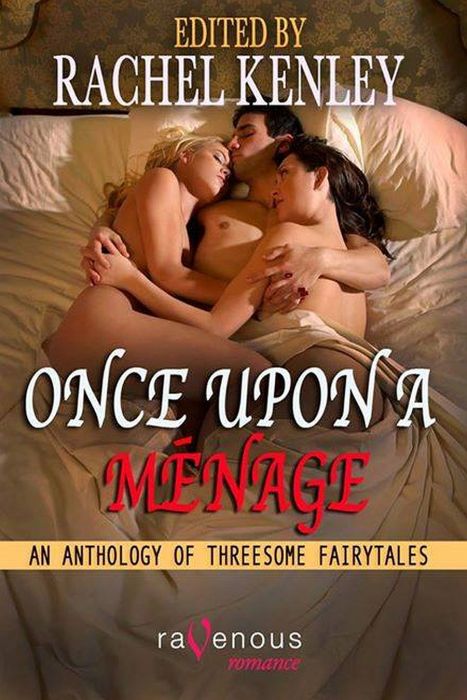

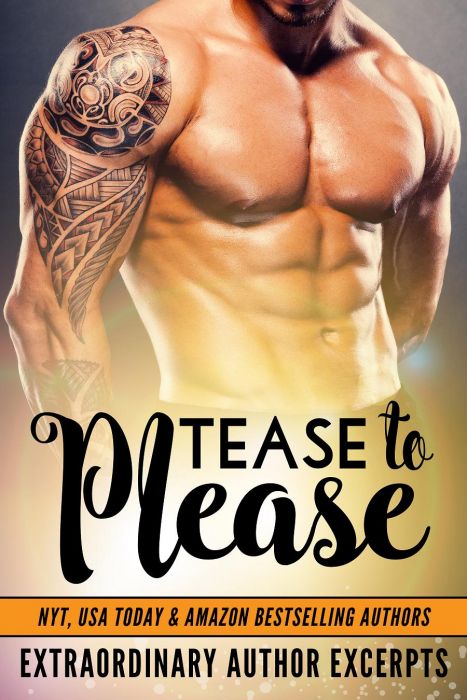


Comments